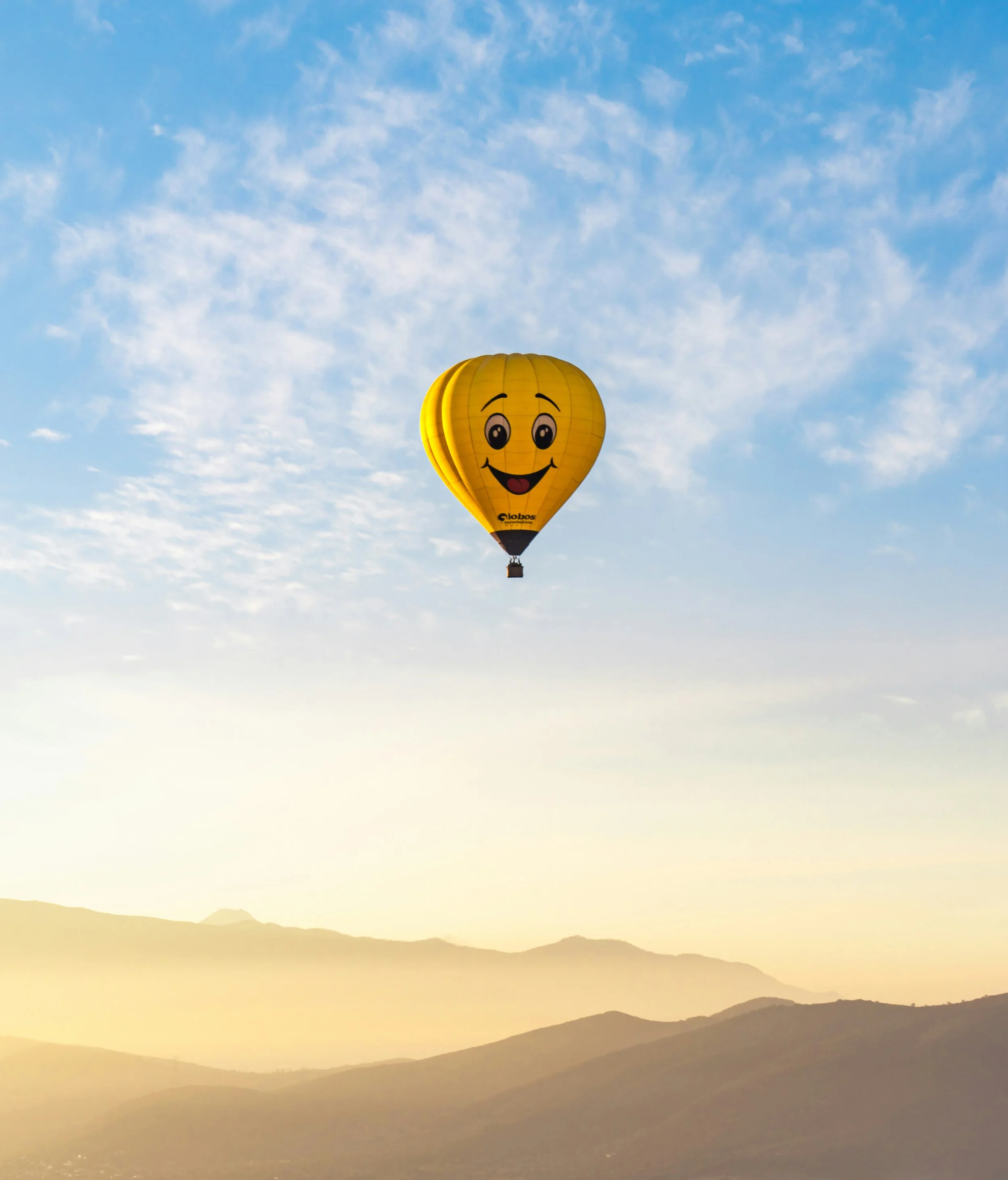
The Pause Before the Next Chapter: Why Get Out Needs a Breath
Get Out is entering a new chapter - one built on honesty, clarity, and intention. After a year of growth, I’m stepping back from weekly output to reconnect with the community, refine what works, rethink what doesn’t, and build a stronger foundation for what’s next. This pause isn’t a retreat; it’s a reset. A chance to dream bigger, start smaller, and invite others into the vision that Get Out was always meant to be.

Why I Run (and Why I Keep Going)
After losing eight friends in six years, I wasn’t suicidal — but I wasn’t really living either. Running gave me a reason to move again. It became meditation, therapy, and a quiet rebellion against despair. Every kilometre said, “You’re still here.”

What True Wealth Looks Like (and How I Forgot It for a Minute)
For a while, I kept Get Out running on autopilot - ticking boxes, doing the right things, but feeling the spark fade. Then I read new research on purpose and realised I’d stopped doing the one thing that made all this feel alive: contributing. Happiness, it turns out, isn’t found in chasing more. It’s in giving something meaningful away.

The Companionship Effect: Why Doing Life With People Beats Hustle, Hacks, and Heroics
Most self-help advice is a solo sport: get up earlier, grind harder, optimise smarter. But a huge time-use study shows something simpler—and kinder: almost everything feels better when you don’t do it alone. From co-working to co-errands to low-key “parallel play,” shared rhythms lift mood, make habits stick, and protect mental health (especially for queer folks navigating loneliness or chemsex pressures). This piece swaps lone-wolf optimization for social fitness—tiny, repeatable touch points that make ordinary weeks easier, lighter, and more human.

The Mindful Miles: How Exercise Teaches Us to Slow Down, Breathe, and Be
Exercise doesn’t just strengthen the body - it can quiet the mind. Slowing down into zone 2 running or mindful movement offers a rare stillness in motion, a state where stress eases and presence takes over. This piece explores how mindfulness and exercise intertwine, from scientific evidence on mood-boosting neurochemicals to the lived reality of finding peace through steady effort.

Am I OK? A True Answer for R U OK? Day
For years my answer to “R U OK?” was no. I numbed, I spiralled, and I couldn’t picture life getting better. One honest sentence — “I’m not OK” — led to 30 days in hospital and a slow rebuild built on therapy, movement, and showing up. Today my answer is yes. If yours isn’t, borrow my belief and start with one conversation. I’ll listen.

The Sleep That Saved My Sanity
For years, I thought I was just tired. In reality, I was unravelling. This is the story of how sleep — real, restorative, fight-for-it sleep — helped kick-start my sobriety, regulate my emotions, and bring me back to a version of myself I actually liked.

The Courage to Change: Reinvention, Decline, and the Joy of Experimenting
What if decline wasn’t the end — but an invitation to begin again? In this thought-provoking piece, we explore how the courage to experiment, shift gears, and redefine success can lead to deeper fulfilment. Drawing on Arthur C. Brooks’ insights and his own lived experience, we challenge the idea that we must cling to peak performance, offering instead a roadmap for growth through reinvention, reflection, and human connection.

The Hard Work of Happiness
We’re often sold the idea that happiness is a passive state—something we stumble into with enough time, money, or success. But research tells a different story. True happiness requires effort, intention, and sometimes a little discomfort. In this piece, we explore the neuroscience, psychology, and personal habits that shape lasting happiness—and why it might be the hardest (and most worthwhile) work of all.
